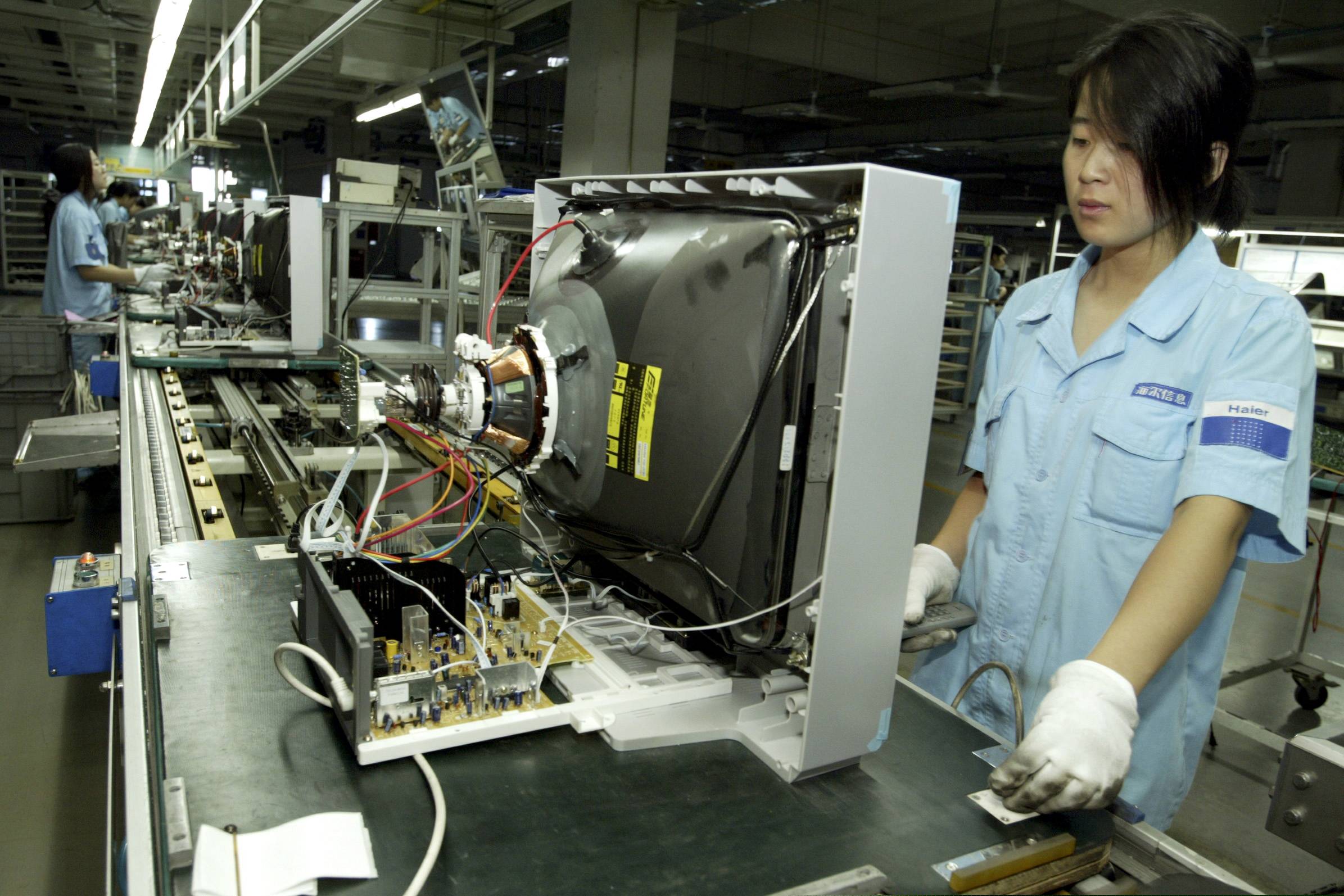China updated its decades-old women’s law to improve gender equality, days after the Communist Party excluded women from its upper echelons for the first time in 25 years.
The nation’s top legislative body passed an amendment to the Women’s Rights and Interests Protection Law on Sunday, according to a statement on the website of China’s National People’s Congress. The revised law will be adopted from 2023.
The government should take necessary measures to eliminate all forms of discrimination against women, according to the revised law. The amendment prohibits restricting the promotion of female employees due to marriage, pregnancy, maternity leave and other circumstances at the workplace. The law also requires lower level governments and their officials to report suspected abduction or trafficking of women to the police in a timely manner.


















With your current subscription plan you can comment on stories. However, before writing your first comment, please create a display name in the Profile section of your subscriber account page.